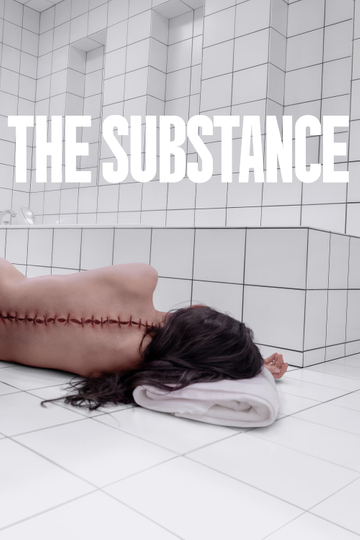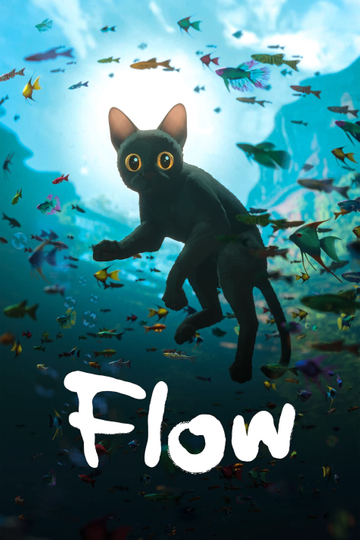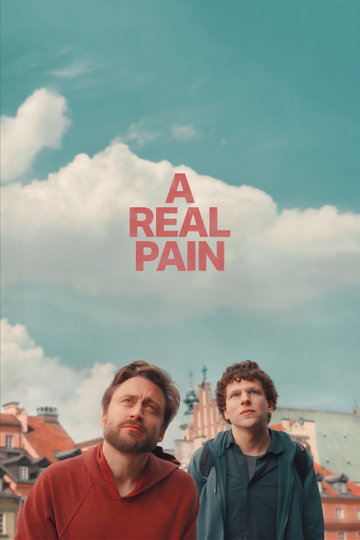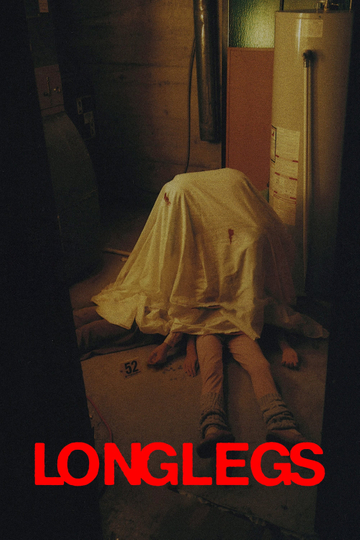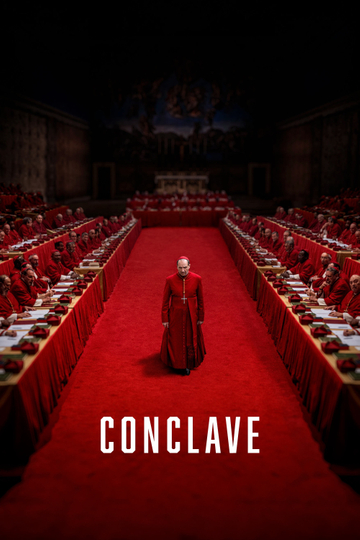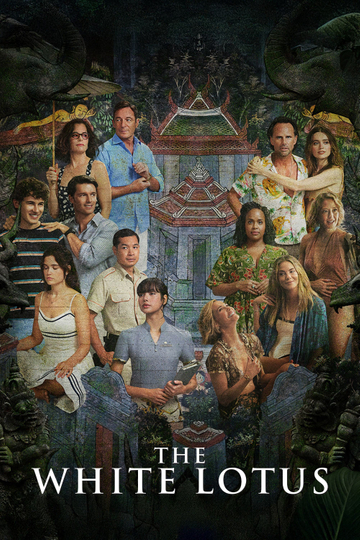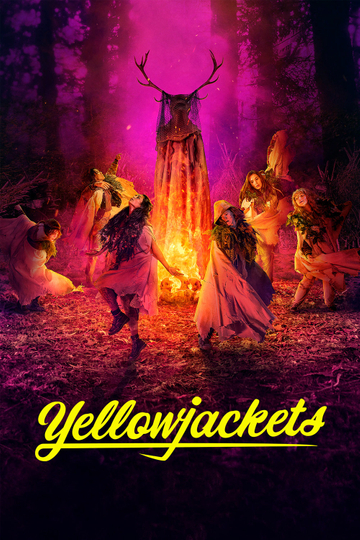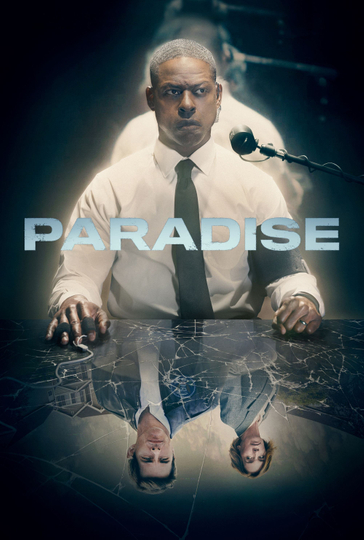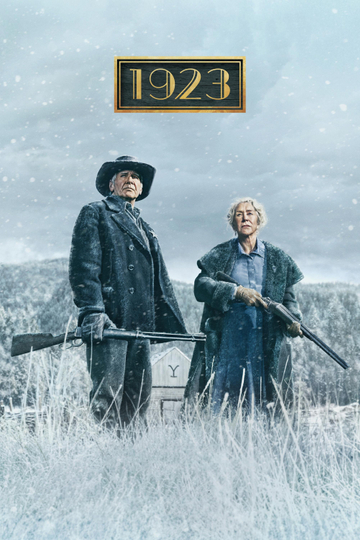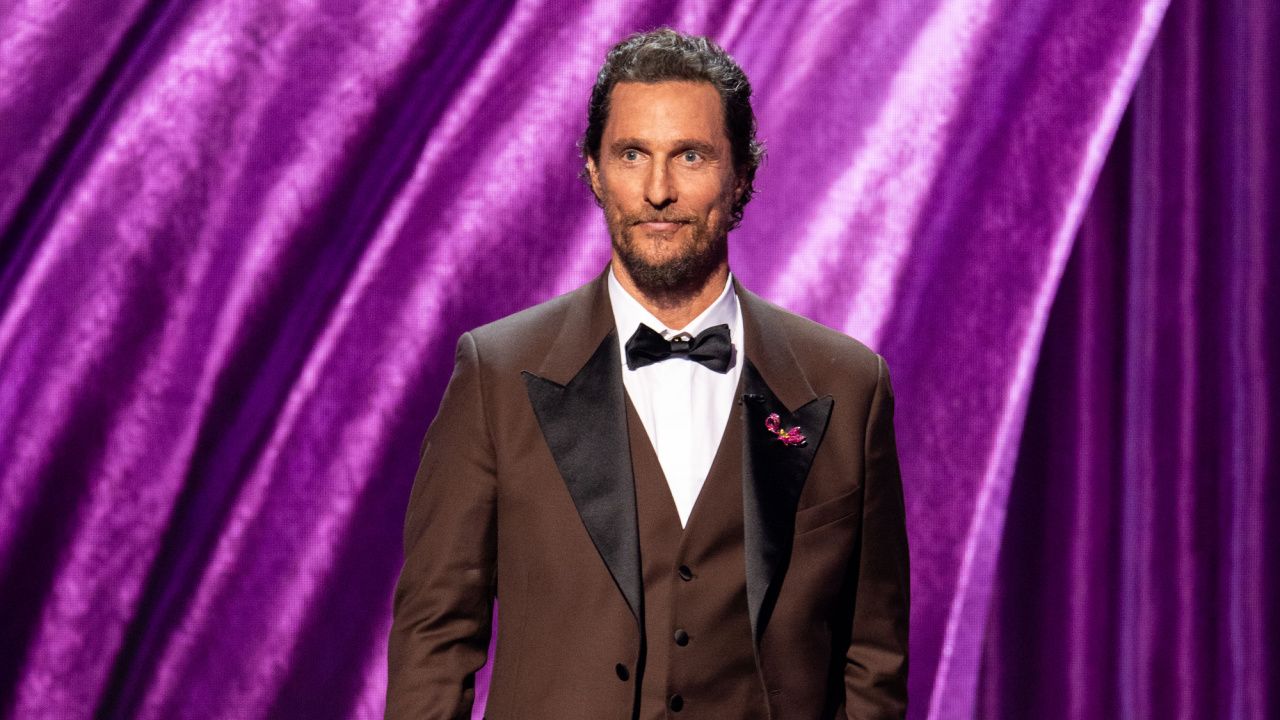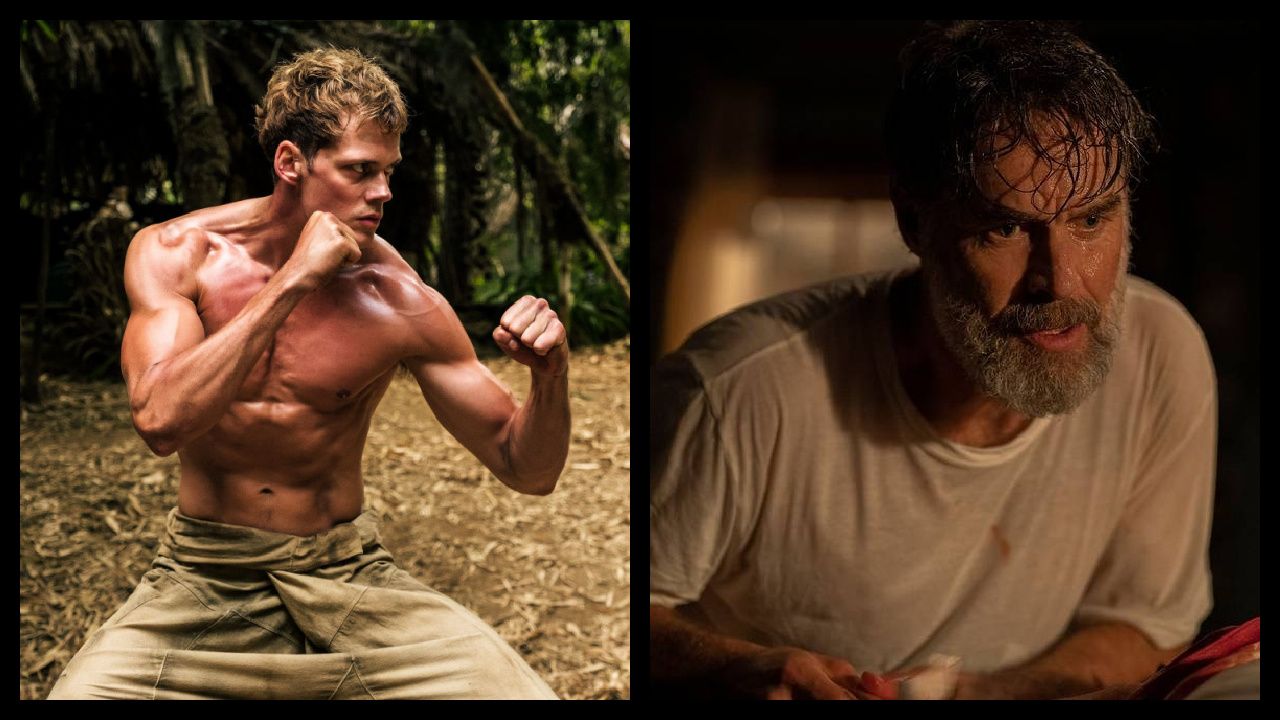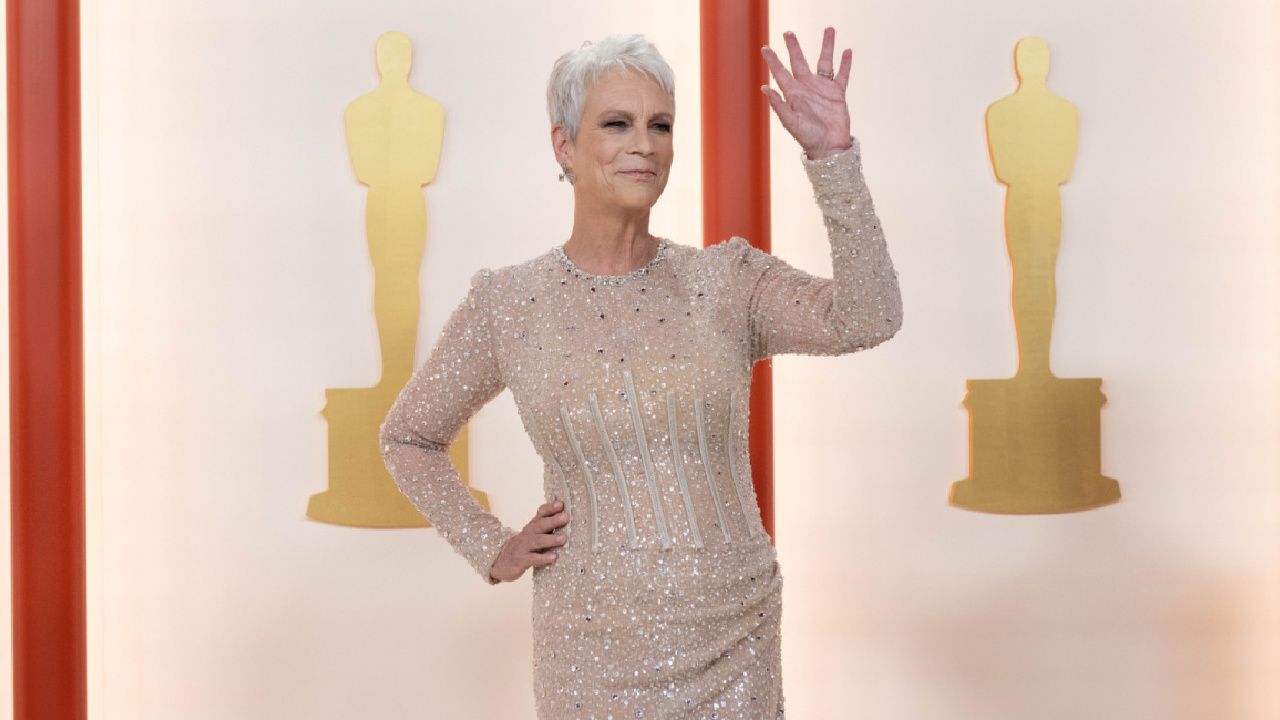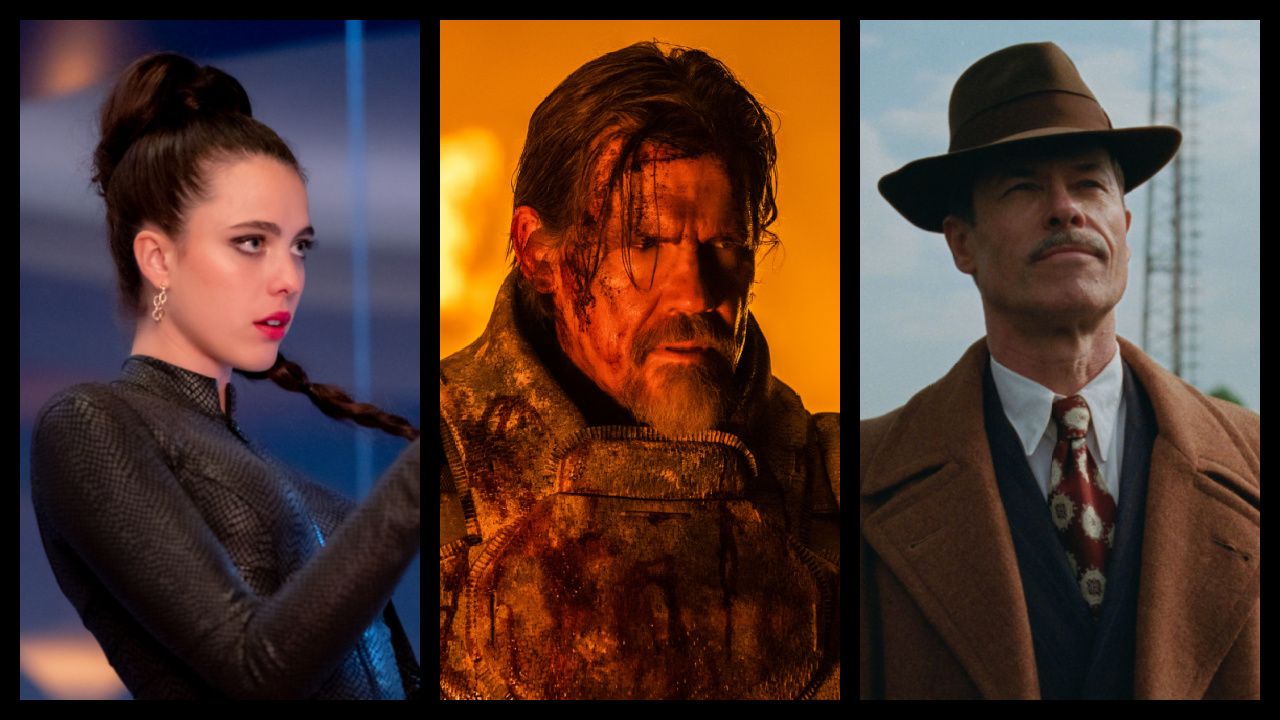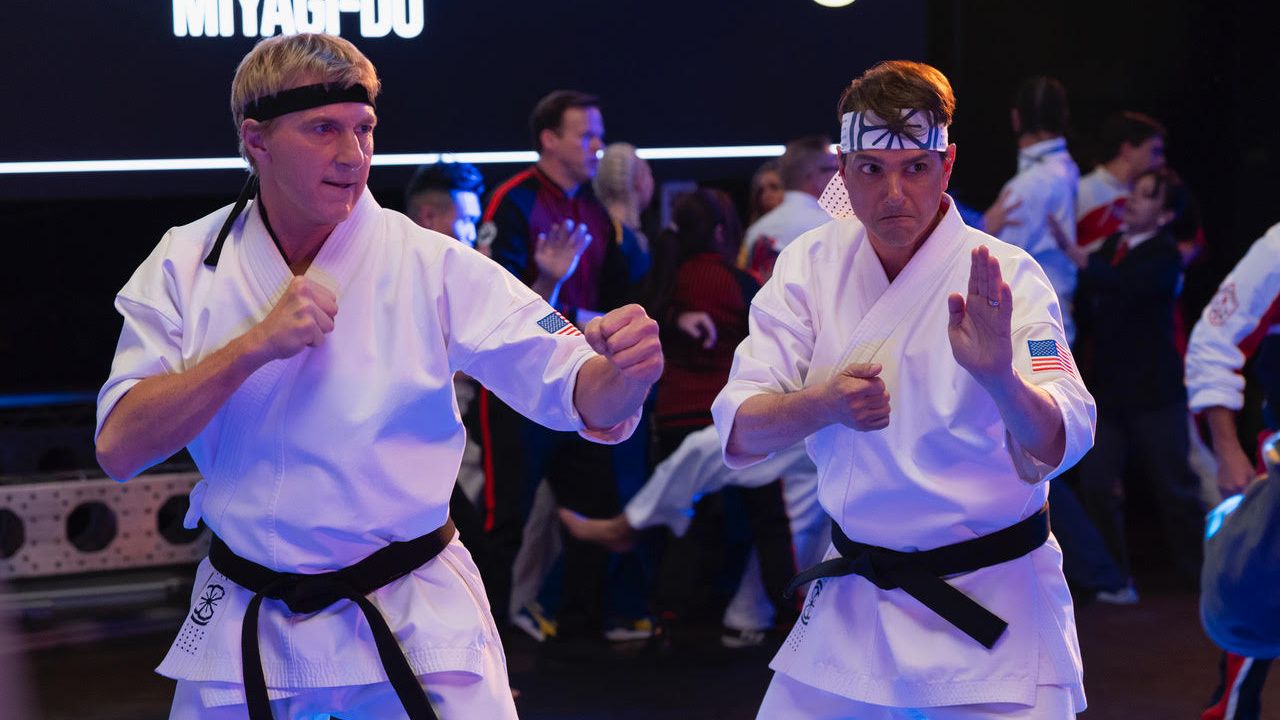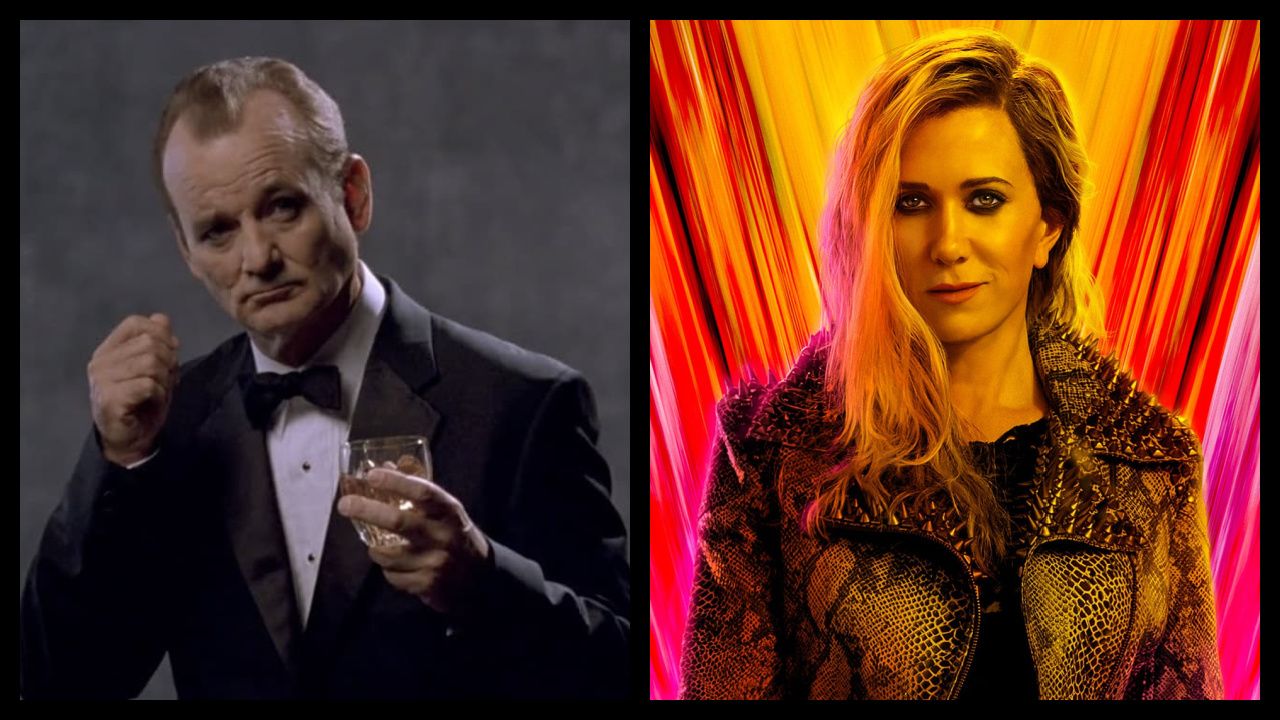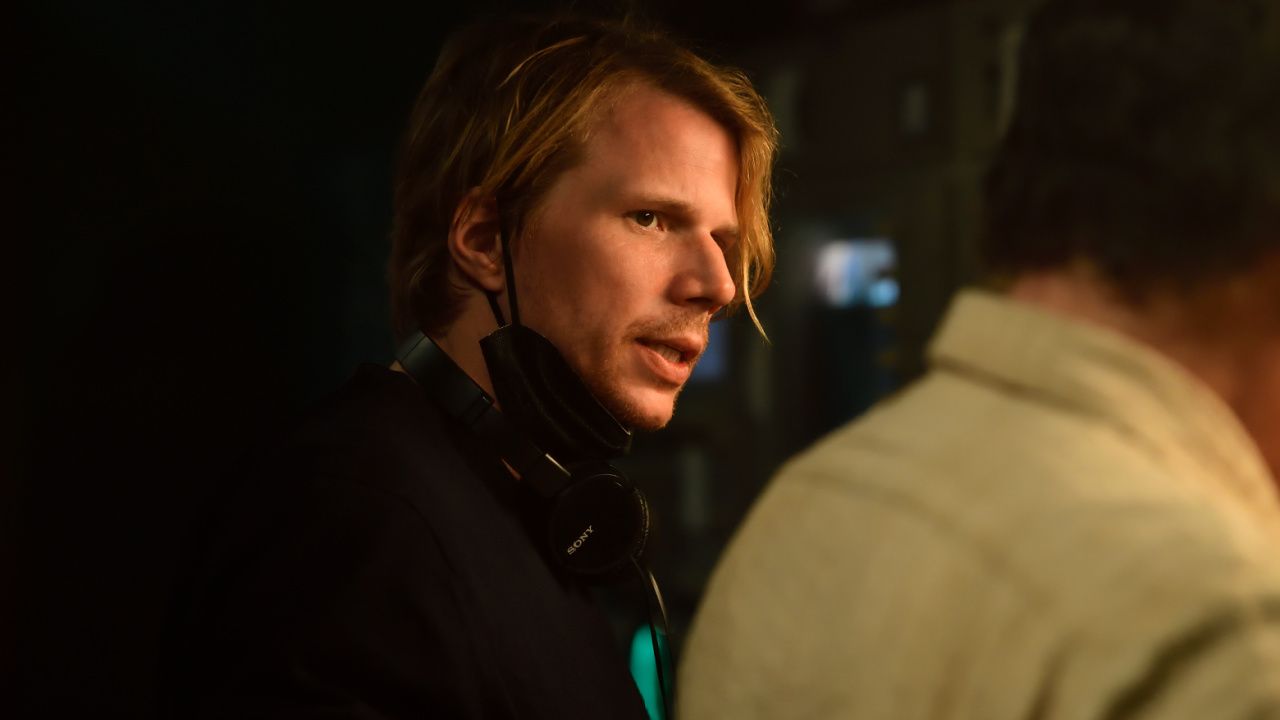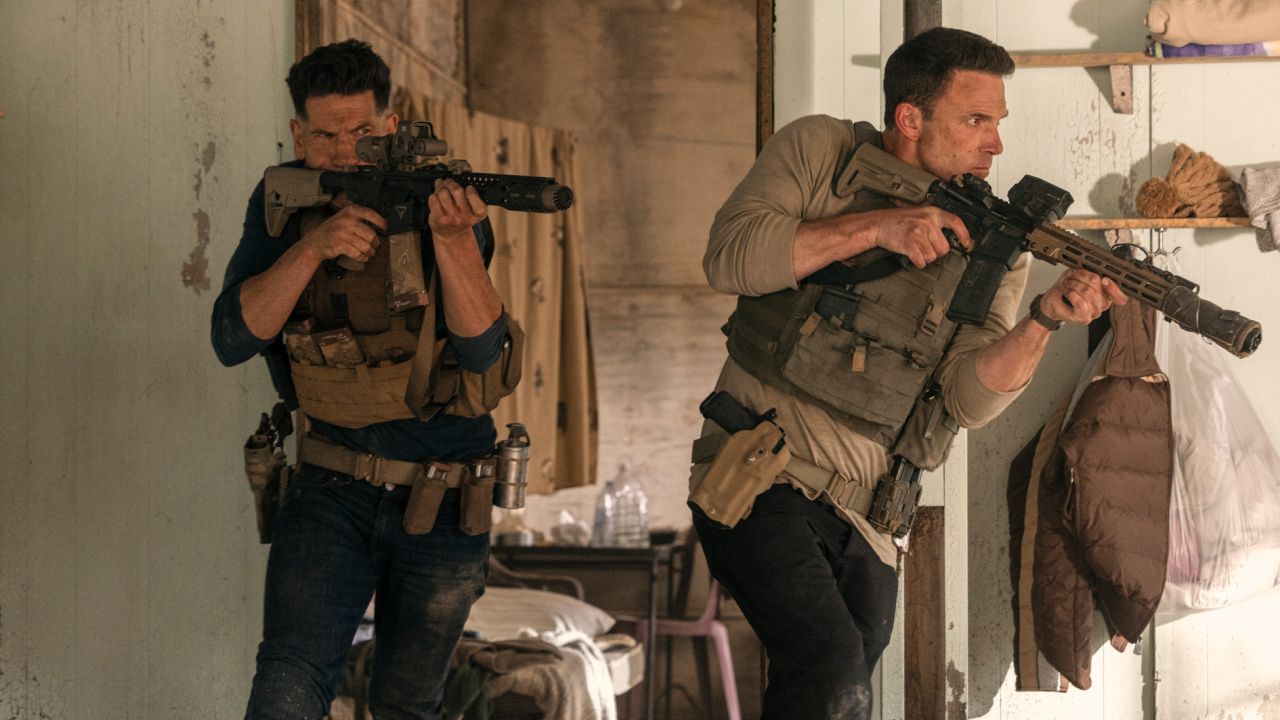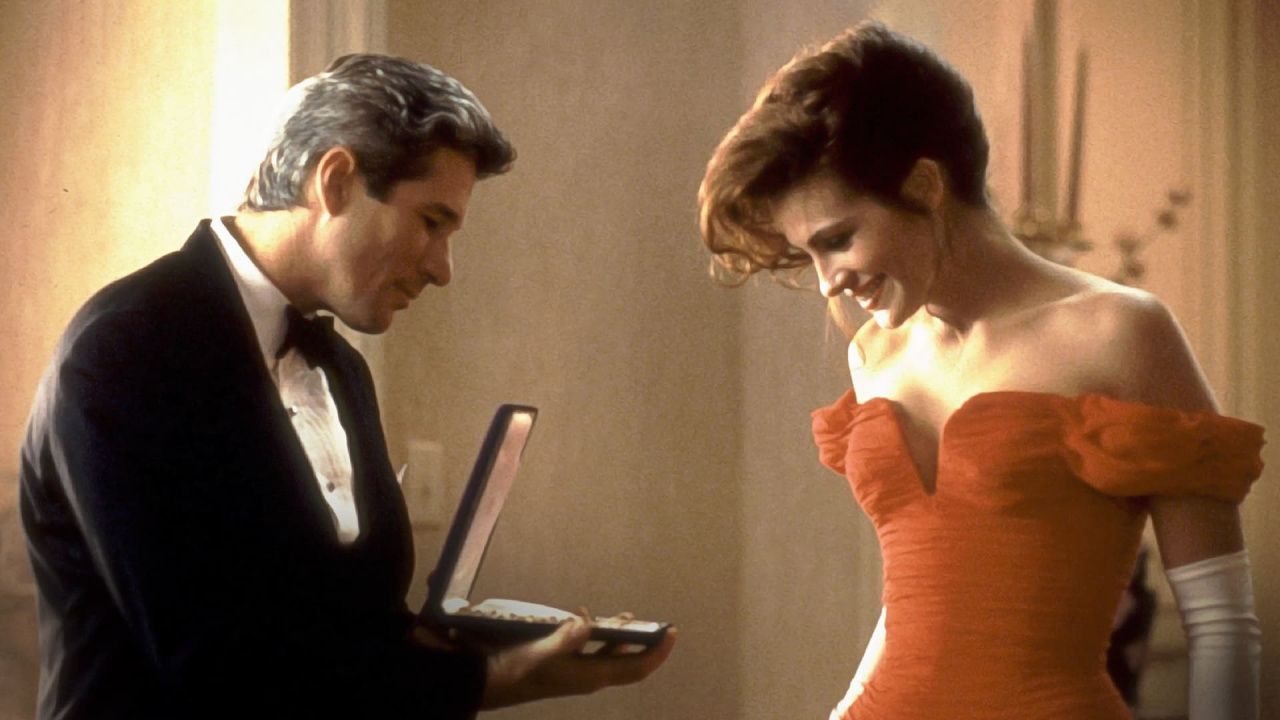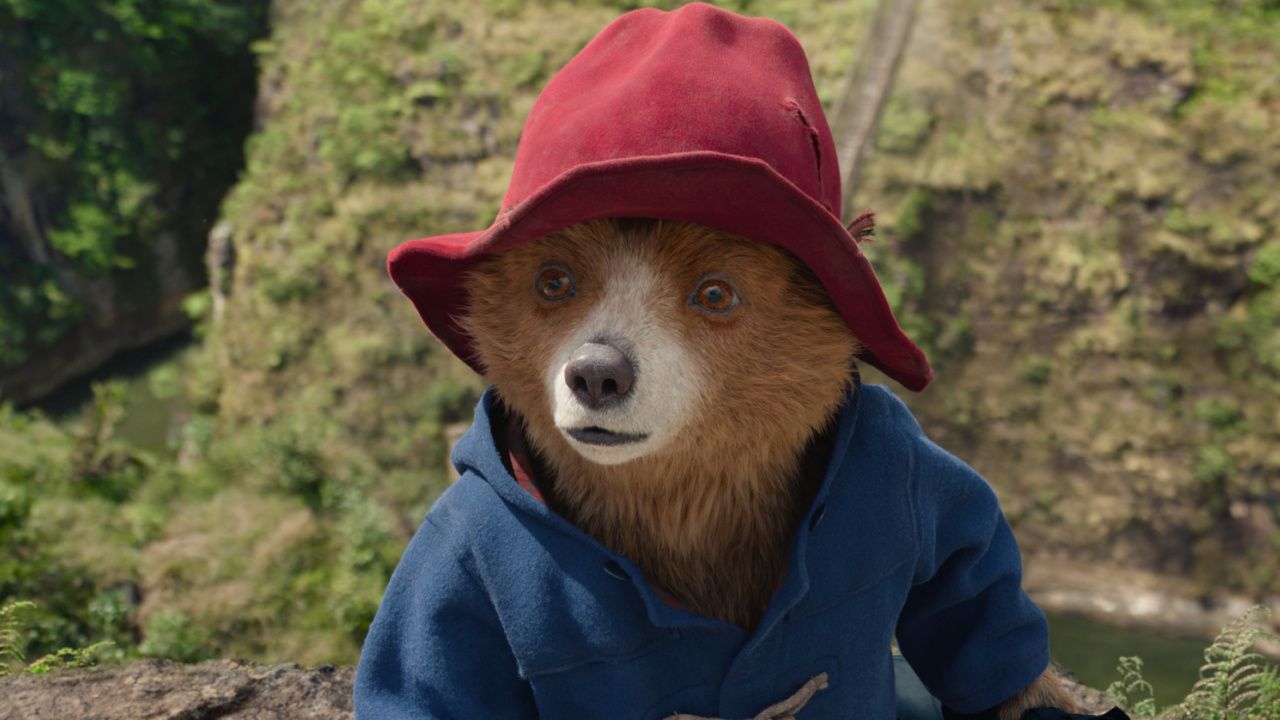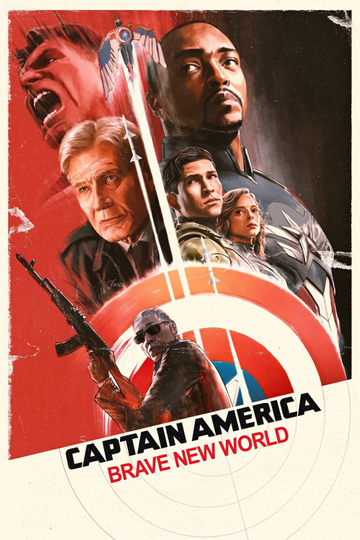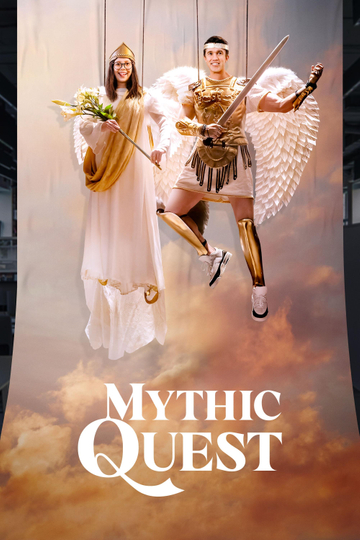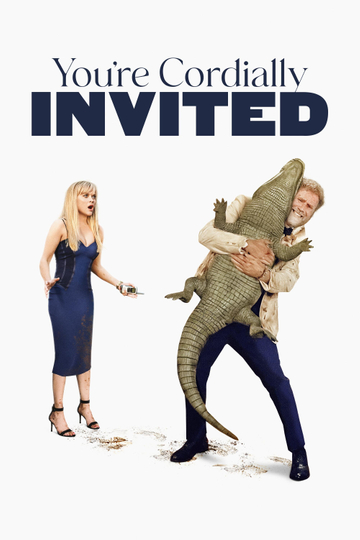Tim Roth Talks New Drama 'Punch' and Working with First Time Actors
Moviefone speaks with Tim Roth about 'Punch.' "I was very moved by it and fascinated by it on many levels," Roth said of the movie's screenplay.
Opening in select theaters, On Demand and on Digital March 10th is the New Zealand drama ‘Punch,’ from first time writer and director Welby Ings.
What is the plot of ‘Punch?’
'Punch' follows the story of Jim (Jordan Oosterhof), a promising teenage boxer, training under the watch of his demanding and alcoholic father, Stan (Tim Roth). When Jim develops a relationship with a male classmate, Whetu (Conan Hayes), the two are forced to navigate isolation, homophobia, and the brutality of small-town life. As Jim discovers what it means to be gay, he realizes how little strength has to do with heroism.
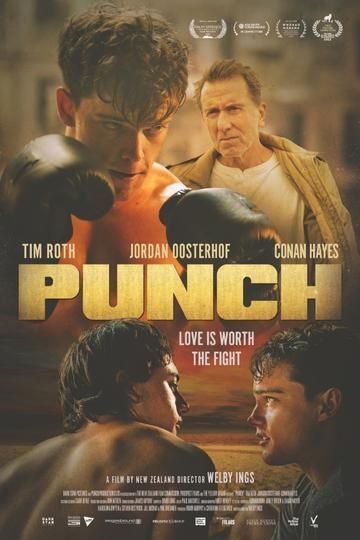
Who is in the cast of ‘Punch?’
‘Punch’ stars Academy Award nominee Tim Roth (‘Reservoir Dogs,’ ‘The Incredible Hulk’) as Stan, Jordan Oosterhof as Jim, Conan Hayes as Whetu, Abigail Laurent as Chelsea, Sage Klein as Amber, and Wilson Downes as Riley.
Moviefone recently had the pleasure of speaking with Tim Roth about his work on ‘Punch,’ what attracted him to the project, the father/son relationship, overcoming homophobia, and working with first time actors.
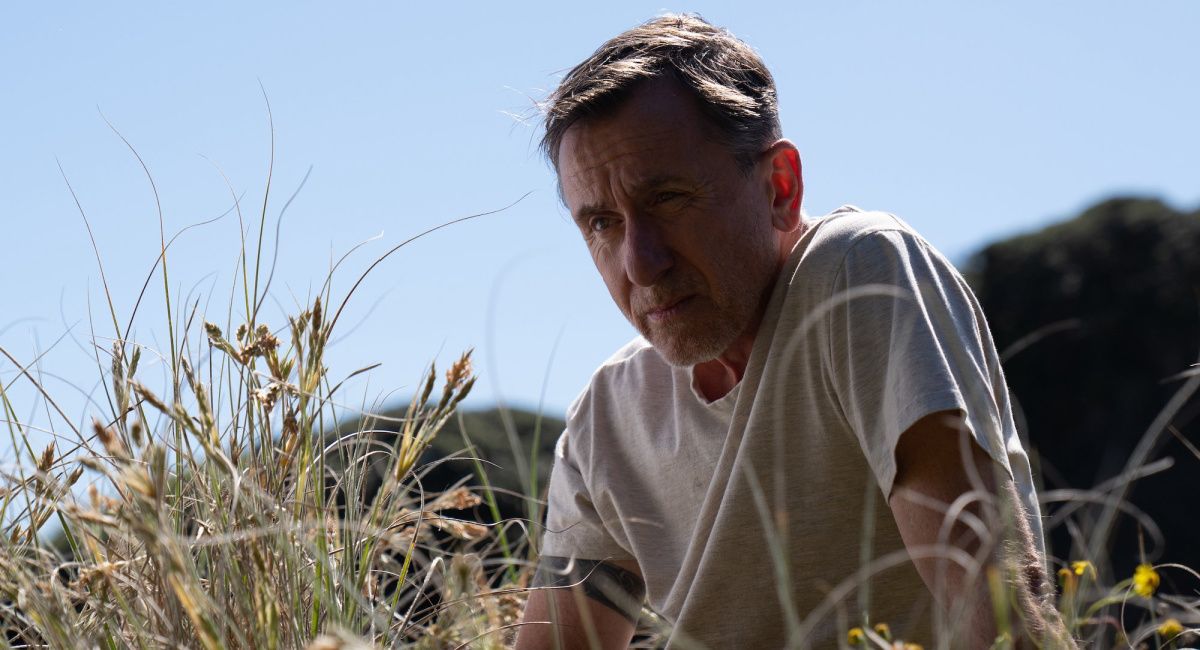
Tim Roth as Stan in director Welby Ings' 'Punch.'
You can read the full interview below or click on the video player above to watch our interview with Tim Roth.
Moviefone: To begin with, what was your first reaction to reading the screenplay about this touching father and son story?
Tim Roth: Well, just that really. It came from one of my gang that I've worked with since forever in London. The same agency as when I first started, and they just sent me this email saying, "Tim, I think you should look at this." Just like that. That always sparks my interest because it's not often the case. I was very moved by it and fascinated by it on many levels. My father dealt with his PTSD from the Second World War by self-medicating, by being an alcoholic, as did many people that we knew when we were growing up, to be honest. So I was very aware of that and what that was. Then his reminder to me we were kids of homosexuals dying in the camps alongside the Romany community, alongside Jews and so on, he said, "Always remember that." So homophobia was something that we were very much aware of, and it was pointed out to us by our parents as one of the evils of society. That element of the character I felt I could get inside quite easily. The homophobia and homosexuality are the two branches of the story. I was very aware of my gay friends when I was a child growing up through school. The homophobia was rampant and it was considered normal to berate, bully and beat people who happened to have a different sexual identity from you. So I was very aware of that right up through college. But then there's the love affairs that cross the film, most importantly, I think. The love between the father and the son, particularly from the inability to express that. Then so simply to be able to do that when everything opens up was, I thought, a lovely journey. Then the casual homophobia of the son to protect himself against the homophobia that he's surrounded by, I thought to be really poignant. I loved the notion of that, just the audience seeing that, hiding out amongst an oppressive community and then him finding the love that really spoke to him. Then from that journey, the crossing over that culture, what that means and how different societies in New Zealand are, and how they deal with these issues. I found it touched on so many important notes. I thought it was so beautifully and simply told, that you just dive in, really, don't you? You should. Anyway.
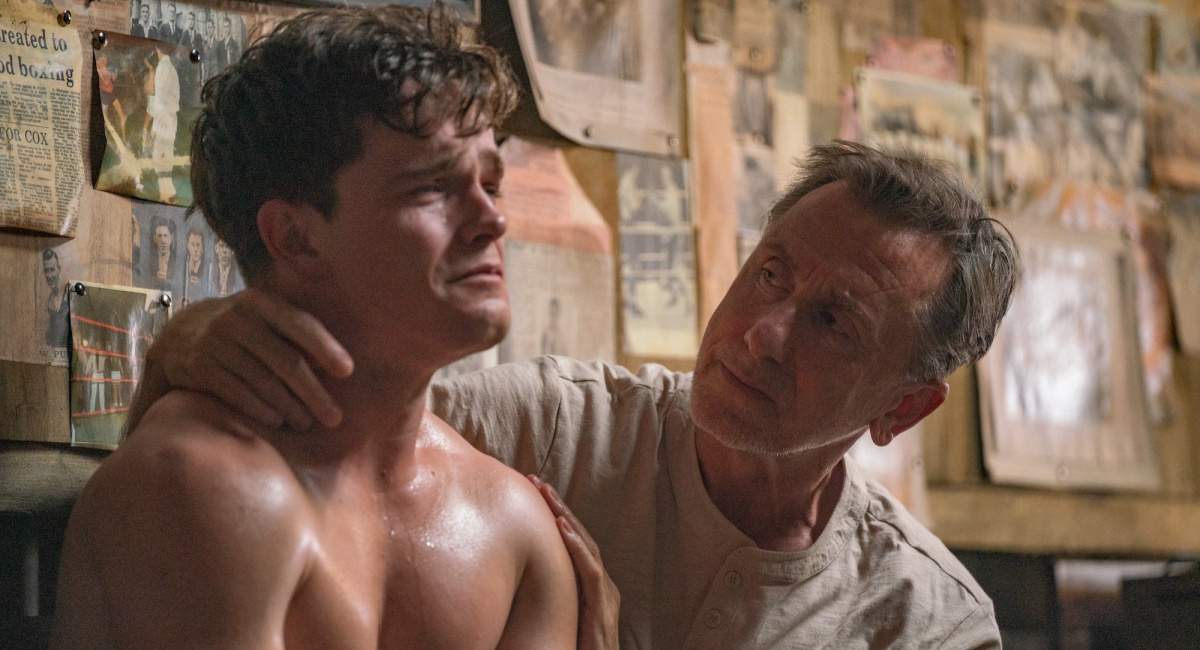
(L to R) Jordan Oosterhof as Jim and Tim Roth as Stan in director Welby Ings' 'Punch.'
Related Article: Tim Roth Talks ‘Resurrection’ and ‘She-Hulk: Attorney at Law'
MF: I was really touched by the scene where Jim comes out to his father, and I was surprised by Stan’s reaction to what his son tells him, as it was not what I expected from the character. Can you talk about Stan’s reaction and shooting that scene with Jordan?
TR: It was actually one of my favorite moments from my perspective, to be honest with you. But the unexpected reaction, and I think we worked on it when we were there too, and I talked to the director and to Jordan. Unexpectedly, it's total acceptance. It's like, of course, whatever you are. It's so brave from Sam's perspective. It's so brave to come out to his father at that moment. He is not expecting that. I found it to be incredibly touching. It was quite a celebratory day when we shot that, remembering just on a technical level, the two lead actors in this had never done this before. They were brand new. Never done this. First time in front of the camera. This was all new. I was watching them learn as we were going over our six weeks or so, to try and scramble to make this happen.
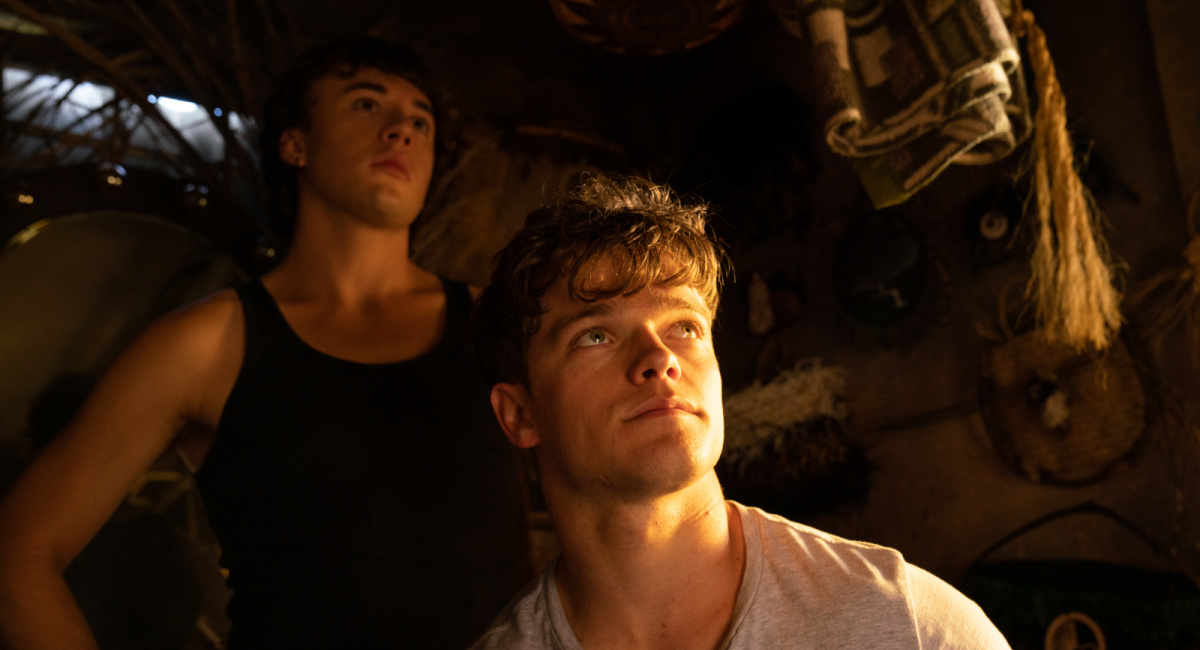
(L to R) Conan Hayes as Whetu and Jordan Oosterhof as Jim in director Welby Ings' 'Punch.'
MF: What was it like for you working opposite first time actors like Jordan Oosterhof?
TR: Well, they were as fresh as it gets. I thought it was extraordinary watching the sort of wheels turn because I remember from my own experience very clearly. There were times when they felt that they had to do a lot, to earn their crusts in a sense. But you say, "No, just look at me and have the conversation. Have the conversation. Everybody goes away. Okay, now talk to me. Tell me what you are feeling, and what your character's feeling. Give it to me. Okay, try it like this. Do a bit like that. Very quietly." Then you bring the crew in and say, "Okay, don't worry about them. They'll find the moment for you. You just carry on, and hold on." There were those lovely moments and I think it's fantastic. It was their first feature, and I think for the director as well. I think it's fantastic working with new talent. I think it's some of the best work that you can do, whether or not the audience is there for it. Nevertheless, as somebody who's done this for so long, I think some of the best times are when you work with the brand new people and you can learn a lot from them too.
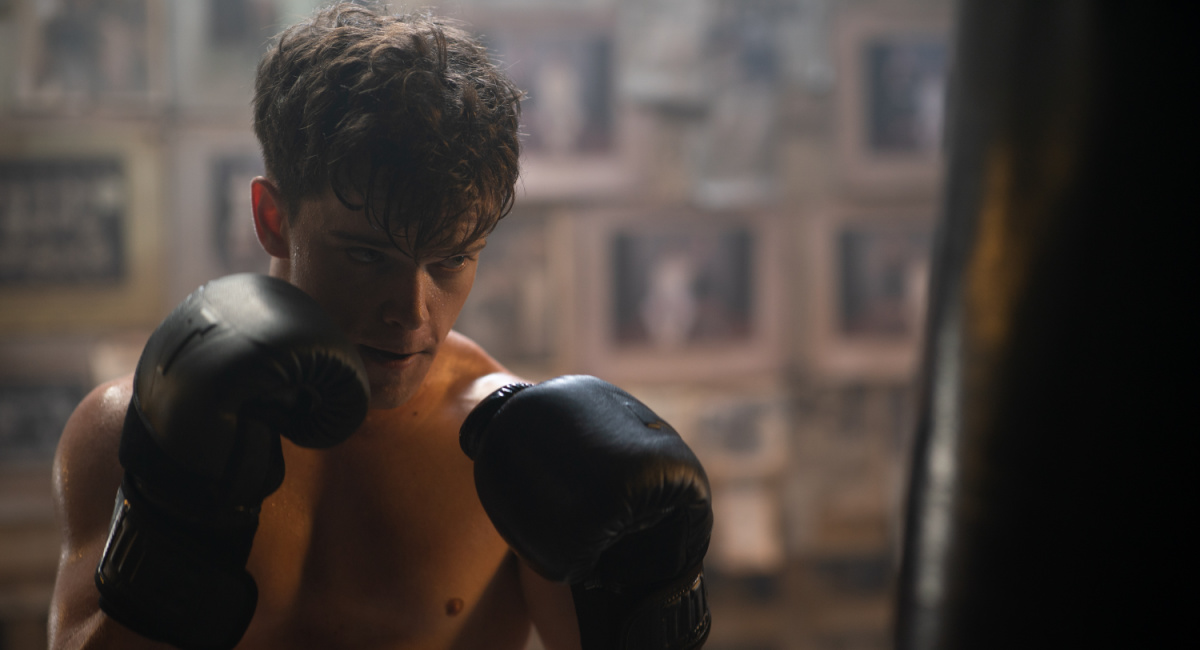
Jordan Oosterhof as Jim in director Welby Ings' 'Punch.'
MF: In that moment that Jim comes out to his father, he shows the type of courage that Stan has been trying to teach him to have in the ring. Can you talk about that and why Stan pushes his son so hard?
TR: I think there's echoes of that for sure. But it must have been, for so many people, so hard to have that conversation. It must be the one that is just buried and sometimes forever buried. So I think as evidenced in this particular moment, yes, the bravery, the courage you learned from being in the ring that his father has taught him in his own way, has maybe landed with this boy and helped him. I think the fact that he does manage to have that conversation is probably bigger than anything he would ever achieve as a boxer. That's the one. That's the championship right there.
MF: Finally, Stan uses alcohol to mask his health issues and his emotions with his son. Can you talk about how that affects him and his relationship to Jim?
TR: He's self-medicating and he cannot discuss, as opposed to what happens in that conversation with his son. He hasn't got the vocabulary. He doesn't have the mechanics to do that. He buries it. As a lot of people do with trauma, he buries it. The agony that he feels, he feels that confronting that with alcohol will make it better. That's his drug of choice, or that's the drug that chose him. Either or. But he's not as brave as his son in the end. He is so desperately impressed by the bravery of his son. It's an interesting dynamic.
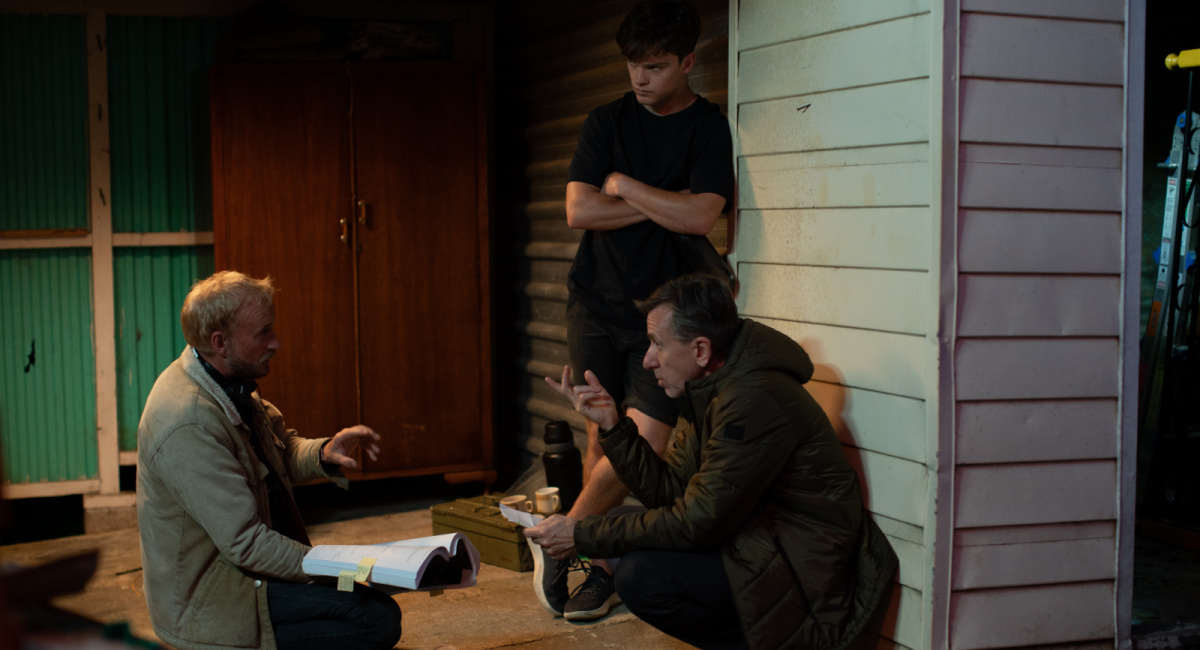
(L to R) Writer and director Welby Ings, Jordan Oosterhof and Tim Roth on the set of 'Punch.'
Other Movies Similar to ‘Punch:’
- ‘Rocky' (1976)
- 'Brokeback Mountain' (2006)
- 'The Fighter' (2010)
- 'Creed' (2015)
- 'Southpaw' (2015)
- 'Moonlight' (2016)
- 'Love, Simon' (2018)
- 'Call Me by Your Name' (2018)
- ‘Bros' (2022)
- 'Spoiler Alert' (2022)
Buy Tim Roth Movies On Amazon
'Punch' is produced by Blueskin Films and Robin Murphy Productions, and is scheduled for release on March 10th.

